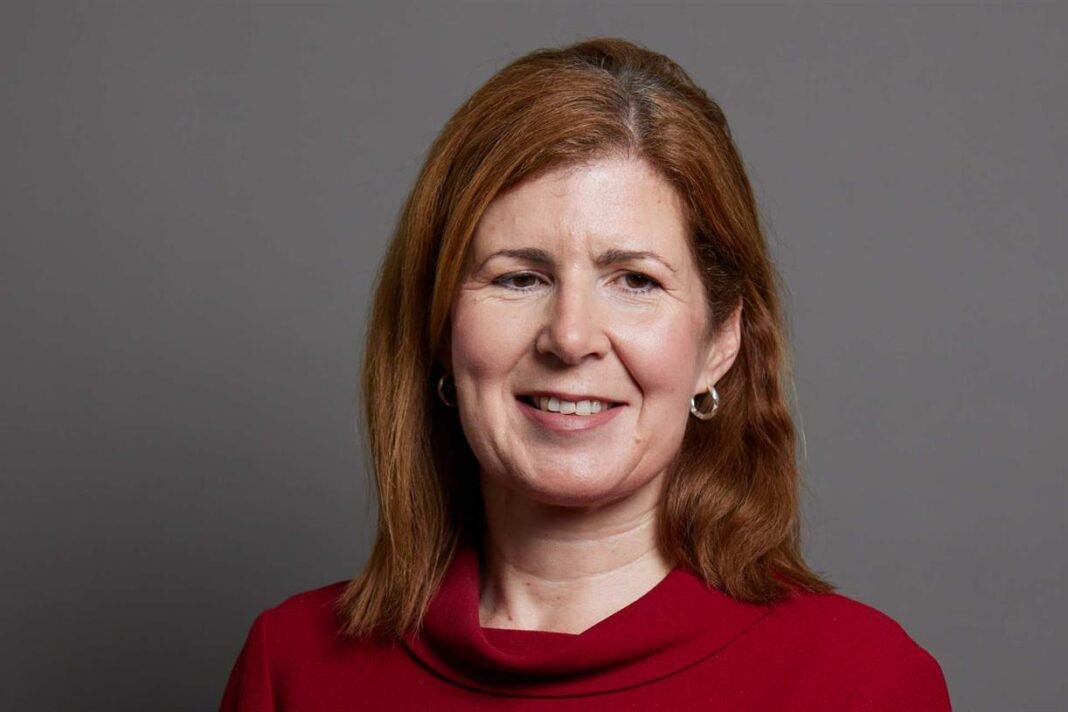UK aid cuts become permanent as Development Minister Jenny Chapman confirmed the shift during recent government briefings. She made it clear that Britain’s aid budget will not return to pre-2020 levels. The government will now operate within a reduced target of 0.3% of gross national income.
Chapman replaced her predecessor, who resigned over the cuts. She stated that all future planning assumes the lower aid figure. According to her, this new baseline is not temporary. She repeatedly referred to the current climate as “a 0.3 world.”
While defending the shift, Chapman admitted that public trust in aid has declined. She argued that the sector must rebuild credibility. For that reason, the new strategy emphasizes results over volume.
UK aid cuts become permanent as ministers adjust their approach to global development. Chapman said that Britain’s foreign aid will now prioritize impact. She also explained that governments in Africa want more control over aid delivery. Therefore, London plans to support more direct partnerships.
Furthermore, she announced efforts to involve private investors in development projects. A new taskforce is already working with financial institutions. Chapman stressed that public money should be used more efficiently. Meanwhile, the cost of domestic asylum support is straining the aid budget. It currently consumes nearly 20% of total spending.
Chapman acknowledged past achievements such as debt relief and vaccine programs. However, she warned that several large pledges remain under review. One of them includes nearly £2 billion promised to a major global fund. These reviews signal uncertainty about future contributions.
UK aid cuts become permanent as Britain balances domestic needs with global responsibilities. Critics argue this move weakens the UK’s humanitarian leadership. They fear Britain may lose influence in regions that relied on consistent support.
At the same time, the government is also reviewing its global broadcasting commitments. The budget for international media services may soon face reductions. This could affect how Britain communicates its values abroad.
Chapman insists that these decisions will restore integrity to foreign spending. She believes smaller, smarter interventions will win public backing. As the new aid model takes shape, global partners are watching closely.
For more political updates, visit London Pulse News.


